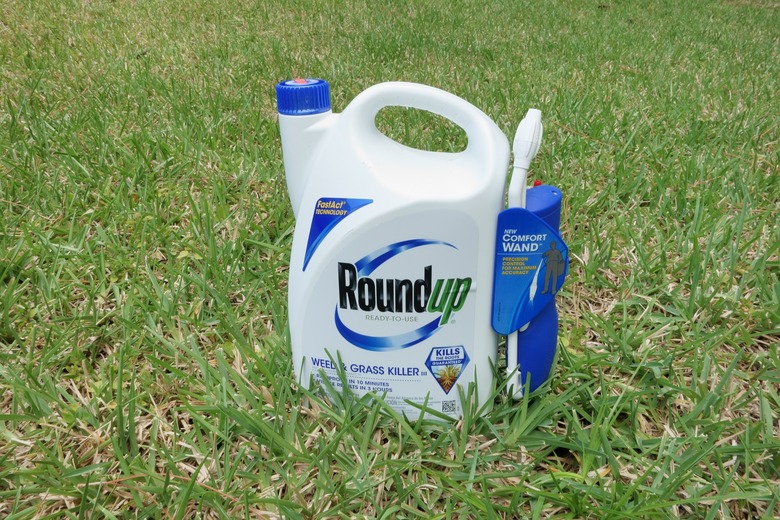European Union Denies Ban On Controversial Herbicide Roundup
Despite opposition from France and widespread health concerns, the European Union (EU) has approved the use of the controversial herbicide glyphosate — marketed by agritech giant Monsanto under the name Roundup — for another five years. According to the BBC, the EU Commission's Appeal Committee received 18 votes in favor of and nine against the herbicide, which was developed by Monsanto but is now produced by other manufacturers as well. The new five-year license is set to be enacted before the current one expires on December 15.
The European Food Safety Authority and the European Chemicals Agency have indicated that there is no evidence to link glyphosate to cancer in humans, though the chemical has remained extremely controversial. The World Health Organization classified glyphosate as "probably carcinogenic to humans" in 2015, and the product has also been criticized for its ecological impact. A lawsuit filed earlier this year in California accused Monsanto of manipulating research on glyphosate safety, but the firm has aggressively denied such claims.
French President Emmanuel Macron plans to act unilaterally against glyphosate. In a tweet, he wrote: "I asked the government to take the necessary steps to ensure that the use of glyphosate is prohibited in France as soon as alternatives have been found, and no later than within 3 years #MakeOurPlanetGreatAgain."
J'ai demandé au gouvernement de prendre les dispositions nécessaires pour que l'utilisation du glyphosate soit interdite en France dès que des alternatives auront été trouvées, et au plus tard dans 3 ans. #MakeOurPlanetGreatAgain
— Emmanuel Macron (@EmmanuelMacron) November 27, 2017
France banned the sale of Roundup for use in home gardens in 2015, but according to the European Commission glyphosate remains the most frequently used herbicide both within the EU and worldwide.
The Daily Meal has reached out to Monsanto for comment.
To learn more about the chemicals present in your food, here are 10 facts about pesticides that may have you going organic.
